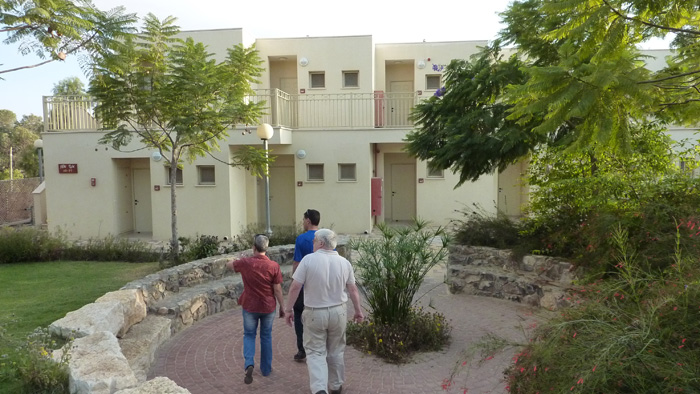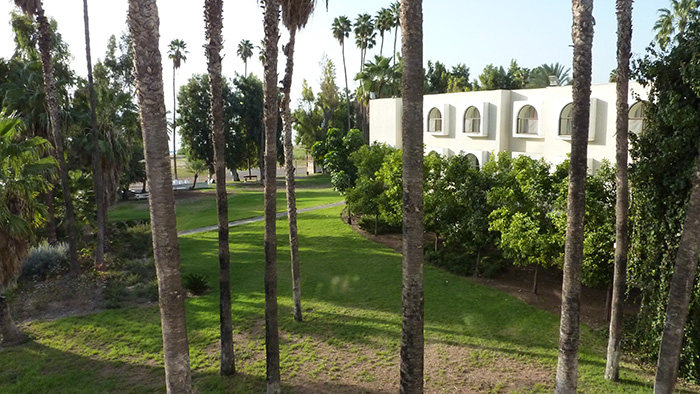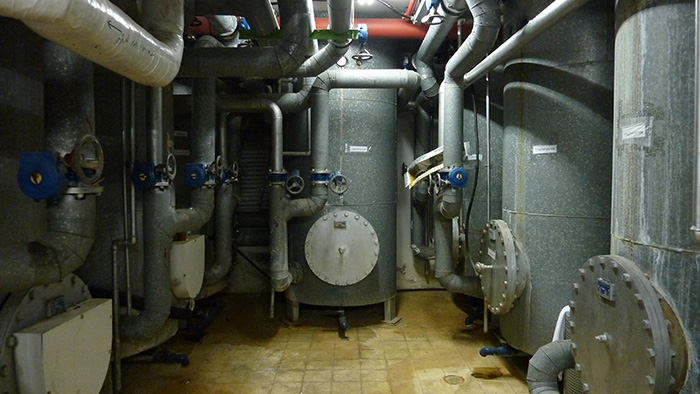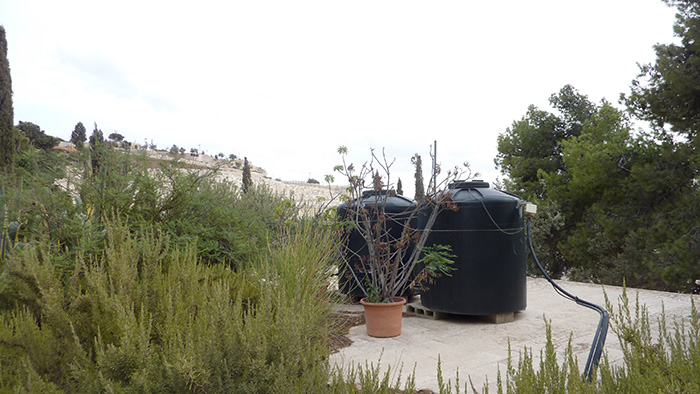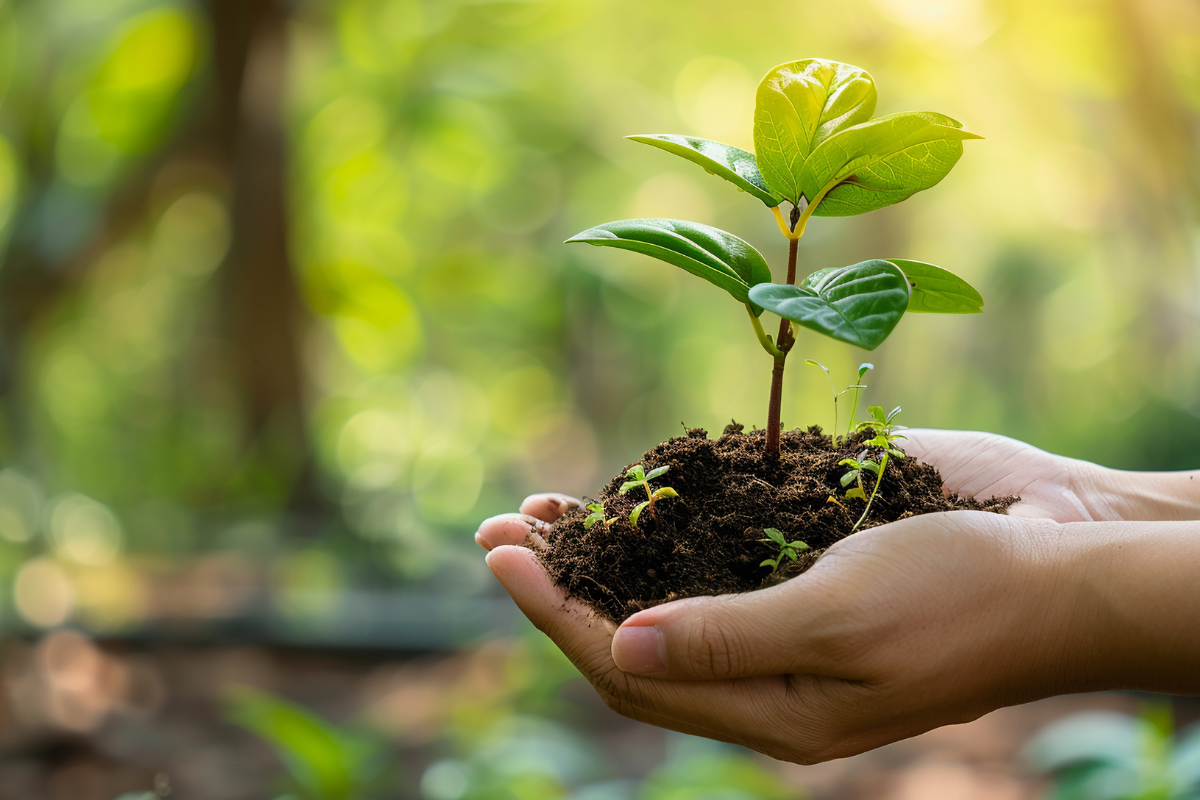Amazing hospitality, awesome locations, incredible quality, local food, water savers, eco design, educational programs, professionalism… These were the impressions HI’s Sustainable Development Coordinator Brianda Lopez got from her five day trip to Israel.
Since I started to work for HI, I have had the feeling that there are many National Associations working towards sustainability without realising how much they are actually doing. Sometimes the reason for this is that their sustainability work is such an integrated part of their culture. Other times it is because the initiatives are requirement by law. This is the case in Israel. What is truly impressive from a global perspective is considered to be part of the daily routines by Israel YHA. I got the opportunity to spend 5 days travelling around the country, visiting hostels and the head office. I was really amazed with what they are doing and what they are planning for the future.
Economical sustainability
Professionalism is the first word that comes to my mind when I think about Israel YHA after being there for 5 days together with our Regional Development Coordinator Nick Christian and our Lead Auditor Iddan Kroll from our HI-Q Quality Management System. The management is very focused on the customer experience and this attitude is reflected right through the entire association.
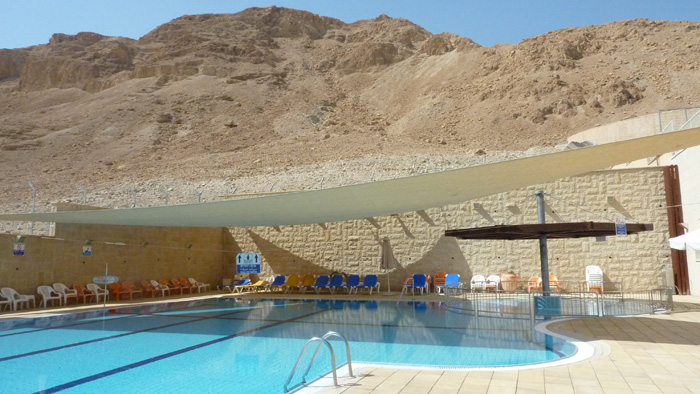
The hospitality and quality service are also remarkable and the hostels are certified by HI-Q. There are many facilities for people with special needs and also a wide range of other facilities like swimming pools, basketball and volleyball sports, etc.
The IYHA is financially independent and fully involved in many environmental and social issues. Their budget includes important investments to improve their energy efficiency, as well as saving money by reducing energy consumption costs.
Ecological sustainability
Israel is committed to a 20% reduction in carbon emissions by 2020, and the Government has also set a goal of having 10% of the country’s energy from renewable sources by 2020. Perhaps the most common manifestation of putting the sun to work in Israel is the solar water heaters that cover roof-tops all over the country. Also in some of the Israeli hostels you can find solar panels and this is now a requirement for all new hostels.
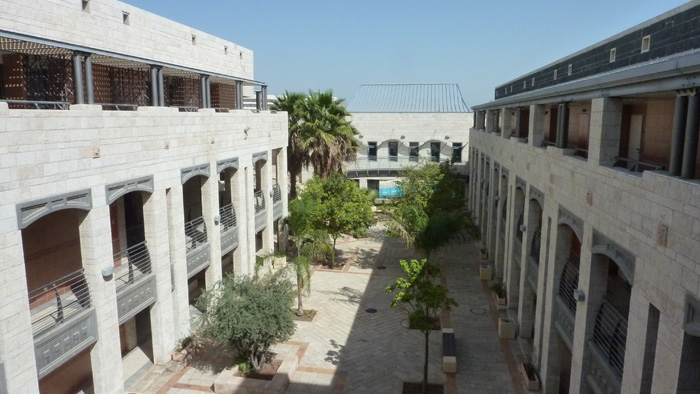
Water is considered as a national resource of utmost importance. Israel has suffered from a chronic water shortage for years that’s why water conservation is the most reliable and least expensive way to stretch the country’s water resources and the challenge is being met in all sectors. It is amazing to see how they manage these scarce resources, by using drought-resistant plants and watering and irrigation systems.
IYHA will introduce water savers in the hostels, collect and recycling air conditioning water for irrigation, recycling grey water for toilet flushing, water treatment & descaling systems, etc.
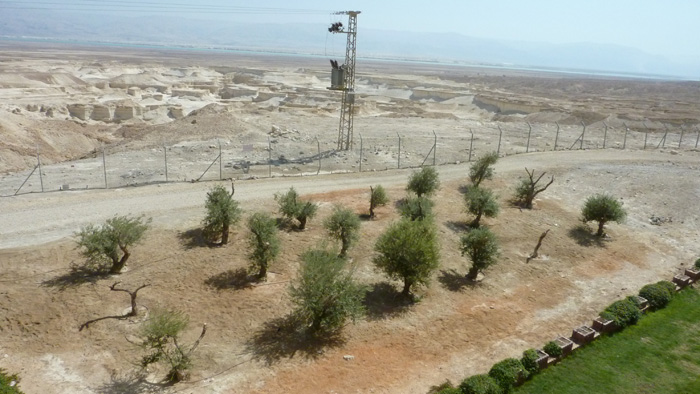
In order to reduce the energy consumption, and to save money at the same time, IYHA use low power energy efficient lighting. In rooms and public areas there are energy saving systems installed, replacing split unit air conditioners with energy saving models, building control systems, replacing diesel and gas space heaters with heat pumps etc.
Social sustainability
The youth hostels around the country offer educational programs for students, soldiers, teachers, tourists and adults. These programs provide a fascinating and tangible experience specific to the geographic location and history of each hostel; adding an educational complement to the hospitality services. Some of the hostels include interactive education rooms where some delicate topics such as democracy, religion, community are discussed.
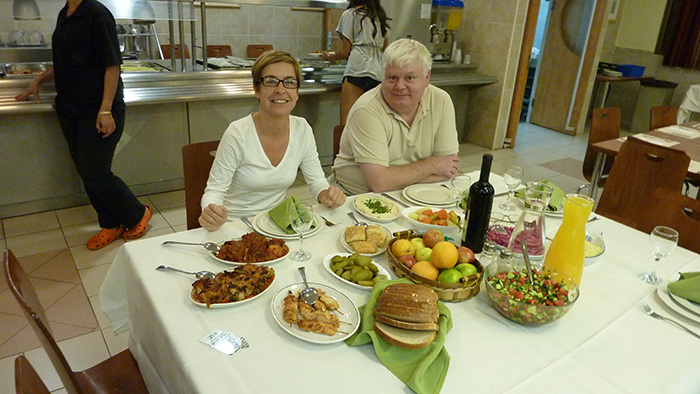
The food is local, traditional and seasonal, full of different kinds of vegetables, fish and meat cooked in many different ways, respecting the different cultures and religions and full of flavour … it was delicious!!!
You can find all these things together: hospitality, friendship, food, culture, quality, tradition, nature, fun and also……HI hostels working towards sustainability.
It was more than a pleasure for me to visit the country. Thanks to everybody in IYHA. I am already looking forward to visiting again.
Become a Facebook Fan and Twitter Follower to up to date with the latest HI-Sustainability news from around the world!


